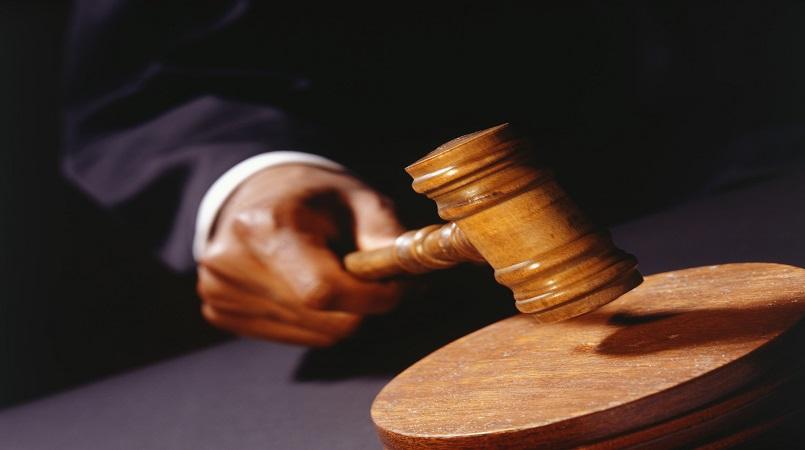Jamaican national, Matthew Sewell, is one step closer to being awarded compensation for damages for false imprisonment on various criminal charges from the Bahamian government.
This follows this week’s decision by the Bahamas Court of Appeal to dismiss the Bahamian government’s application for additional time to appeal last September’s Supreme Court ruling in favour of Sewell that awarded him damages that are to be to be assessed.
According to Eyewitness News Bahamas, the Bahamas Court of Appeal in its ruling, stated that “the government failed to seek leave from the Supreme Court to appeal interlocutory matters and was out of time.
“There would be no basis for this court to extend the time unless and until the court below grants them leave to appeal those interlocutory orders,” a portion of the ruling indicated.
“… If the intended appellants obtain leave to appeal these two interlocutory orders (notwithstanding that the assessment of damages has already taken place), then they are at liberty to apply for an extension of time.
“But unless and until that has been done, there is no basis for us to grant the application for an extension of time,” the ruling added.
Against this background, the Appeal Court awarded the cost of the application to extend the time and costs of appeal to Sewell.
The actual figure of the award of those costs was not ascertained.
Sewell, who was detained for nine years in The Bahamas without being convicted for a number of crimes for which he was charged, including murder, had asked the Supreme Court to award him US$27.5 million in damages for his false imprisonment.
His legal team is awaiting a decision in relation to the amount he should be awarded, following an assessment of damages hearing before the Bahamian Supreme Court late last year.
Sewell, through his legal team, had sued The Bahamian state for damages pertaining to false imprisonment, assault and battery, malicious prosecution, arbitrary and unlawful detention, and breaches of his fundamental rights under the country’s constitution.
According to media reports, for more than nine years the Jamaican was imprisoned and detained on and off without facing a hearing, on charges of sexual assault, housebreaking and murder.
His legal woes began in June 2006, when at the age of 18, he was accused of raping a six-year-old girl. At that time he had been granted three weeks’ stay in The Bahamas to visit his father.
After spending two years on remand, Sewell was granted bail in April 2008, but a year later, he was arrested for allegedly raping his then girlfriend.
He remained in prison without trial until August 2013, when both rape cases were dismissed.
But Sewell was subsequently arrested on October 9, 2013 and charged with housebreaking and murder.
The murder charge was subsequently dismissed, as it was heard that the offence occurred in July 2013 when Sewell was in prison.
He was acquitted of the housebreaking charge after being held in prison until March 2014.
Despite all the charges against him being dropped or dismissed, the Jamaican man was detained on grounds that he was in The Bahamas illegally. He was detained from November 3, 2014 until October 15, 2015, when he was released by way of a writ of habeas corpus, media reports stated.
In January 2016, Sewell was again arrested and charged with two counts of unlawful sexual intercourse, but like all the other charges which were previously brought against him, they were not taken to trial. Instead, a nolle prosequi was entered in July 2017 on those sex charges, and he was released from jail.
Sewell, now a 32-year-old, subsequently left The Bahamas and returned to Jamaica, media reports suggested.
Shortly after the ruling in his favour by the court awarding him damages in September, Sewell’s lawyer, Queen’s Counsel Fred Smith, said due to his client’s detention in jail, he has been diagnosed with schizophrenia, and has “terrible trouble reintegrating with society”.
Additionally, Smith said his client has been diagnosed with post-traumatic stress disorder as a result of the conditions in which he was held in jail.










